“If we don't know how to mourn and rebuild, we are incentivized to keep the storms of our lives raging indefinitely.” -Heidi Priebe
Mourning plays such a big role in therapy, and it so rarely gets talked about as the sign of growth that it often is.
Read MoreI don’t have faith in a lot of the things I believed when I was younger, but there is a way faith still exists for me.
Read MoreDon't get me wrong, I work hard to get people out of care as fast as possible, and sometimes big, fast changes can be stable, but there is a critical difference between a dramatic flash in the pan change and a long-term, stable one.
Read More“Self-regulation” is a term that’s become a casualty of the internet being the internet, and its meaning isn’t clear and specific anymore.
Here’s the way I think about it:
“I did a lot of psychoanalysis on my anxiety. I got a PhD in psychology. I understood a lot about my anxiety. And I was still anxious as shit.” — My First SE Supervisor.
Read MoreSelf knowledge is not completely possible. We don’t live in a body or mind where it is achievable — our nervous system is designed to block out infinitely more information than it lets in to awareness. The body and mind have many effective (and necessary) ways of protecting our conscious selves from pain, and often it can be difficult to access those parts of ourselves. They have to be opened carefully in junction with developing new skills and abilities to handle that pain.
There is such a thing as disorganizing release. This applies to both physical medicine as well as therapy.
“Release” (manual therapy, catharsis, needling, etc.) can actually be destabilizing to both our bodies and minds when done inappropriately or at the wrong time.
Read MoreA woman recently came into the clinic with chronic neck pain that would blow up into full neck spasms several times a year, taking her out for a day or two at a time. She had seen every type of orthopedic provider and had every treatment modality performed (manual therapy, neck adjustments, taping, neck/back exercises, ultrasound, laser, etc) but hadn't seen much improvement.
Read MoreThere is great value in learning your specific, physical responses to stress, before things spiral out of hand. This is important because the earlier you catch your system flooding, the more options you have to bring it back to balance.
Read MoreWhen we say “resolve trauma,” it is not to forget past events and the lessons that came from them, but to help the pre-thinking, body-based systems of perception more accurately ask, “is this present like the past?”
Read MoreDon’t Crash Your Coffee is an invitation to notice how many times a day, without the high stakes environment of actual crashing, we “crash” everyday things due to a lack of focus.
Read MoreEveryone’s personal gift, at some level, reduces down to the ability to bring other people to life.
Read MoreWe generalize and say you have “anxiety” or some other stress related disorder, when in reality you have a dynamic interplay between, sensations, emotions, perceptions, and thoughts that create the meta experience. This can be dramatically different between people, and the differences are not random or trivial.
Read MoreCulturally, we’re often told catharsis is the way to move past emotional difficulty and process stress. It makes sense - the tools we use to manage our emotional states often result in a build up of compressed energy. So it makes sense to blow the lids off, say/shout what needs to be said, act out, and discharge the compression. However, this ironically doesn’t often lead to a long term change, and the research is mixed at best when it comes to this as a big picture solution.
Read More



















